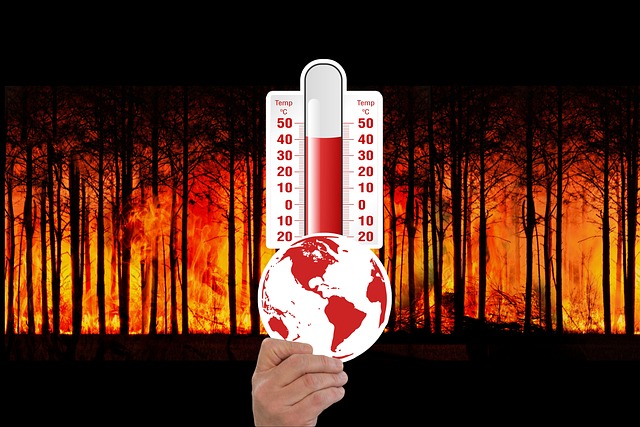Global Efforts to Combat Climate Change

The Urgency of Addressing Climate Change
Climate change, a phenomenon that has been widely acknowledged by the scientific community as a pressing global issue, is continuing to escalate at an alarming rate. Rising global temperatures, extreme weather events, melting ice caps, and rising sea levels are just some of the visible impacts of the changing climate. The urgency of addressing climate change has never been more apparent, with world leaders, activists, and experts calling for immediate action to mitigate its effects.

International Agreements and Treaties
One key aspect of the global effort to combat climate change is the implementation of international agreements and treaties aimed at reducing greenhouse gas emissions and promoting sustainability. The Paris Agreement, signed in 2015 by nearly 200 countries, is one such landmark agreement that aims to limit global warming to well below 2 degrees Celsius above pre-industrial levels. Countries that are parties to the agreement are required to submit nationally determined contributions (NDCs) outlining their targets for reducing emissions and transitioning to a more sustainable energy system.

Renewable Energy and Sustainable Practices
Transitioning to renewable energy sources such as solar, wind, and hydropower is another crucial component of the global effort to combat climate change. By reducing our reliance on fossil fuels, which are major contributors to greenhouse gas emissions, we can significantly lower our carbon footprint and mitigate the effects of climate change. In addition to investing in renewable energy, promoting sustainable practices such as energy efficiency, waste reduction, and conservation of natural resources are also integral to mitigating the impacts of climate change.

Corporate Responsibility and Environmental Stewardship
Corporate responsibility and environmental stewardship play a pivotal role in the fight against climate change. Companies are increasingly recognizing the importance of reducing their environmental impact and embracing sustainable business practices. By implementing carbon reduction strategies, recycling programs, and eco-friendly initiatives, businesses can not only reduce their carbon footprint but also inspire others to follow suit. Consumers are also becoming more conscious of the environmental practices of the companies they support, further driving the demand for sustainable products and services.

Individual Actions and Community Initiatives
Individual actions and community initiatives are essential in the collective effort to combat climate change. Simple steps such as reducing energy consumption, using public transportation, recycling, and planting trees can make a significant impact in lowering carbon emissions and fostering a more sustainable environment. Community-led initiatives such as beach cleanups, tree-planting campaigns, and environmental awareness programs are also contributing to the global effort to combat climate change and promote sustainability at the grassroots level.

Challenges and Opportunities for the Future
While there have been significant strides made in the global effort to combat climate change, there are still many challenges that lie ahead. Resistance from vested interests, lack of political will, and socio-economic barriers are all factors that hinder progress in addressing climate change. However, there are also opportunities for innovation, collaboration, and positive change. By working together as a global community, we can overcome these challenges and create a more sustainable future for generations to come.

